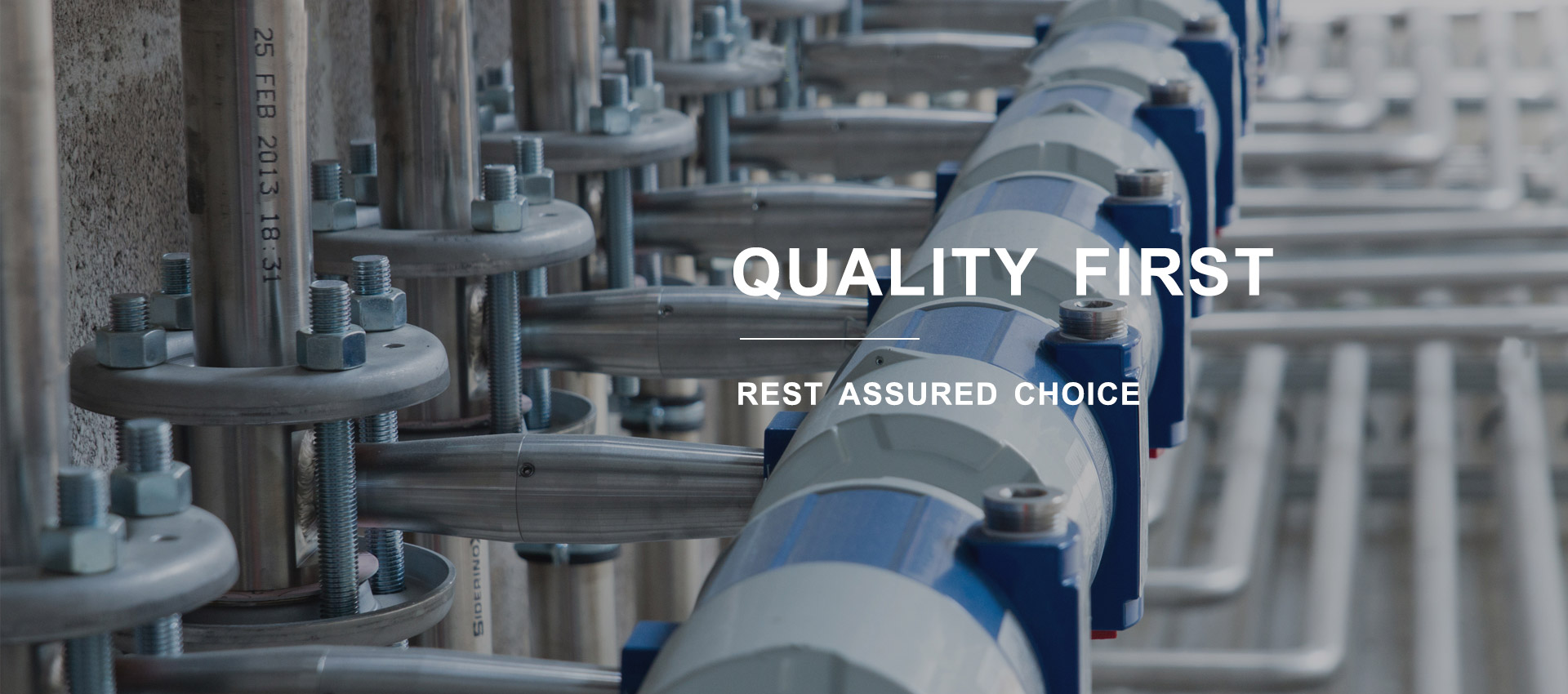Dec . 19, 2024 13:28 Back to list
anchor bolt l
Understanding Anchor Bolts A Key Component in Structural Stability
Anchor bolts are crucial components in construction and structural engineering, providing the necessary support to secure structures to their foundational elements. These bolts serve as the connection points that anchor various structural elements, such as beams, columns, and equipment, to concrete foundations. In this article, we will delve into the details of anchor bolts, their different types, applications, and the factors influencing their selection.
What Are Anchor Bolts?
An anchor bolt is a fastening device used to attach objects or structures to concrete. They are typically embedded in the concrete foundation and have a protruding end that allows for the attachment of other structures. The primary function of anchor bolts is to resist various loads, including tension, shear, and uplift forces. By providing a secure connection between structures and their foundations, anchor bolts play a vital role in ensuring the stability and safety of buildings and infrastructures.
Types of Anchor Bolts
There are several types of anchor bolts, each designed for specific applications and load requirements. The most common types include
1. L-Shaped Anchor Bolts These have a 90-degree bend at one end and are used primarily for securing steel structures to concrete. The bent end prevents the bolt from pulling out of the concrete when subjected to tension.
2. Straight Anchor Bolts These bolts have a simple straight design and are often used in scenarios where the loaded element can be easily attached without the need for a bend.
3. Epoxy-Coated Anchor Bolts These bolts are coated with epoxy to prevent corrosion, making them ideal for use in environments where they may be exposed to moisture or other corrosive elements.
4. Expanding Anchor Bolts These bolts feature a mechanism that allows them to expand once they are inserted into a pre-drilled hole in the concrete, providing a secure grip. They are particularly useful in applications where the integrity of the concrete may be compromised.
5. Sleeve Anchor Bolts Consisting of a bolt and a sleeve that expands when the bolt is tightened, sleeve anchors are versatile and can be used in various applications, from light-duty installations to heavy-duty applications.
Applications of Anchor Bolts
Anchor bolts find extensive use across various construction and engineering disciplines. Some of the primary applications include
anchor bolt l

- Building Construction Anchor bolts are used to secure structural steel frames to foundations, ensuring the stability and longevity of buildings.
- Bridge Construction In bridge engineering, anchor bolts are employed to secure girders and other structural elements, providing resistance against dynamic loads and ensuring safety.
- Wind Turbine Installation The base of wind turbines is anchored to concrete foundations using high-strength anchor bolts, helping to withstand the forces generated by wind.
- Industrial Equipment Equipment such as compressors and generators are often anchored to prevent movement and vibrations during operation.
Factors Influencing the Selection of Anchor Bolts
When selecting the appropriate anchor bolts for a project, several factors must be considered
- Load Requirements Understanding the type and magnitude of loads the anchors will need to resist is critical for choosing the correct bolt type and size.
- Environmental Conditions The presence of moisture, chemicals, or extreme temperatures can influence the material and coating of anchor bolts. For example, corrosive environments may necessitate the use of stainless steel or galvanized bolts.
- Concrete Strength The compressive strength of the concrete into which the anchor bolts will be embedded is crucial. Higher strength concrete can often accommodate larger or more heavily loaded bolts.
- Installation Conditions The ease of installation and availability of tools may also play a role in the selection process. Certain anchor bolts may require specialized equipment or techniques for proper installation.
Conclusion
In conclusion, anchor bolts are integral to the structural integrity of countless buildings and infrastructures. Their role in securing various elements to concrete foundations is fundamental to ensuring safety and stability. By understanding the different types, applications, and selection criteria for anchor bolts, engineers and builders can make informed decisions that enhance the durability and resilience of their constructions. As the construction industry continues to evolve, so too will the technology and specifications for anchor bolts, ensuring they meet the demands of modern engineering challenges.


